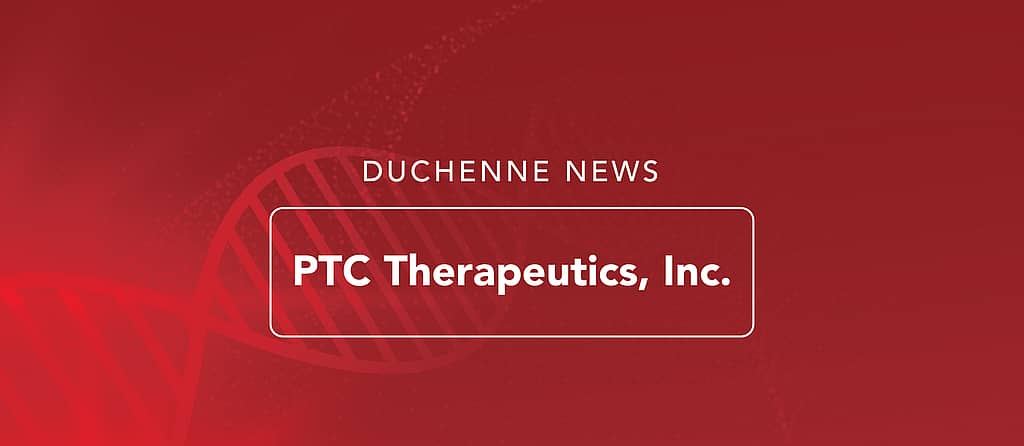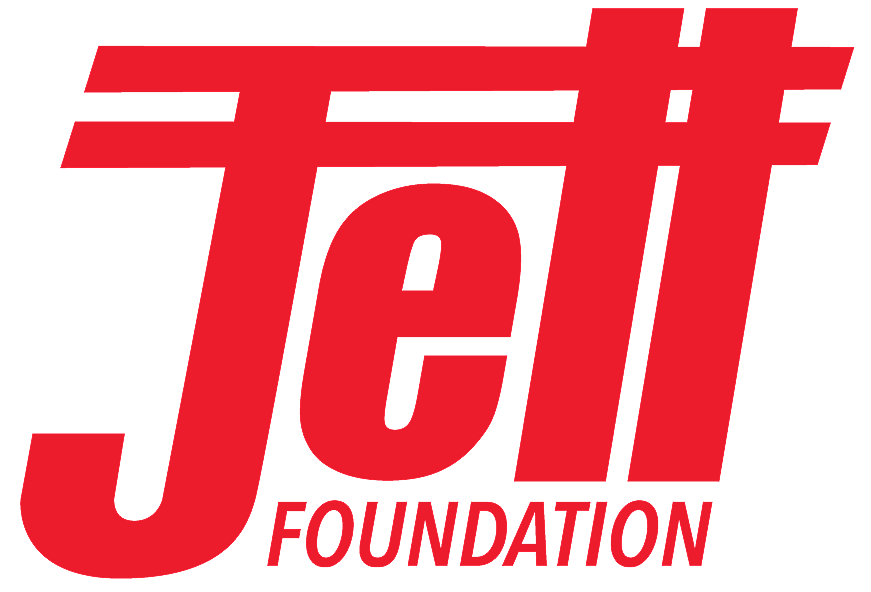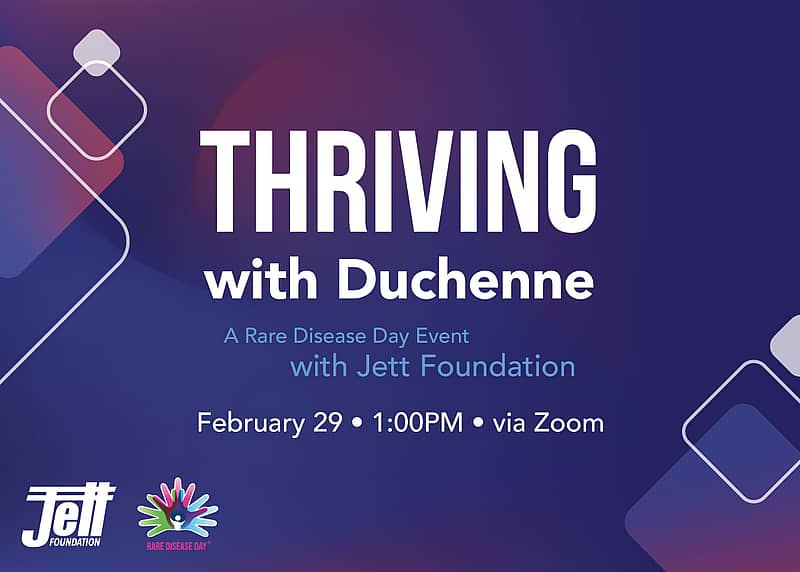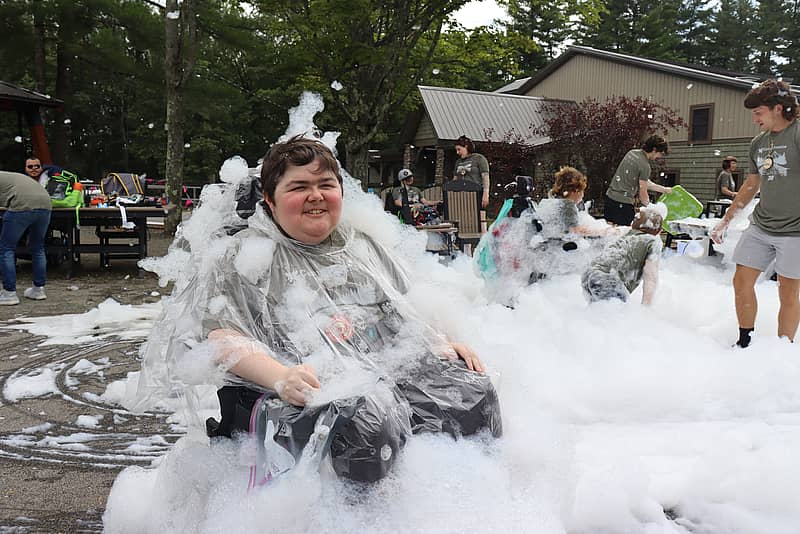
On Monday, November 21, PTC Therapeutics, Inc. shared a letter to the Duchenne community containing recent updates. Please find their full community letter below.
Dear Duchenne Community,
For the past 25 years, PTC Therapeutics has been honored to partner with the Duchenne community in our efforts to develop multiple therapies for patients living with Duchenne. One of our therapies, ataluren (also known Translarna), is specifically for the treatment of Duchenne due to a nonsense mutation (nmDMD). We have been working on this drug from PTC’s beginning, and we are very grateful to the community for your support and dedication. When we started working on the development of this product there was very little known about the natural history or the best clinical endpoints to utilize in clinical trials for Duchenne. Throughout the years, your efforts have helped pioneer the development of therapies like ataluren for Duchenne patients and continue to shape the future of identifying new treatments for Duchenne muscular dystrophy.
Ataluren Regulatory History
As many of you know, the road to develop treatments for Duchenne has not been easy or straightforward. Ataluren’s development is no exception to this process. However, nothing worthwhile is easy and gaining approval in the United States (US) has been particularly difficult. Despite our challenges in the US, we received the first marketing authorization for ataluren from the European Medicines Agency (EMA) in 2014 and through additional approvals in 14 countries and expanded access programs, we have been able to bring ataluren to nmDMD patients in over 50 countries. During the 8 years ataluren has been on the market in Europe, its approval has been renewed every year and the label was further expanded to allow its use in children as young as two years old.
Study 041 Results:
In June of this year, we announced the results of Study 041 which is the largest prospective placebo controlled clinical trial ever conducted in Duchenne, including 359 boys from around the world who were five years and older. The results from all 359 nmDMD patients is called the Intent to Treat (ITT) population and reflects the results from all the patients in the trial. The study demonstrated that ataluren treatment resulted in statistically significant treatment benefit across the entire ITT study population on the key functional Duchenne endpoints—a first for a Duchenne drug. In all endpoints measured, ataluren patients did better than placebo. The study results showed preservation of ambulation in patients treated with ataluren, with fewer patients losing ambulation. In addition to treatment benefit, ataluren has shown a favorable safety profile, with over 3000 patients treated to date.
Given the challenges of demonstrating significant effect due to disease heterogeneity we looked to improve the probability of having a successful trial, therefore we designated a subgroup of patients with specific disease progression measurements as the primary analysis population. This subgroup had characteristics that were thought to demonstrate the most change during the time of the study duration. While the overall population of 359 boys demonstrated statistically significant benefit, this subgroup did not achieve a significant p-value, which we believe was because there was a high proportion of participants that were in a plateau phase of their disease and the study was not long enough to observe a slowing of decline.
Totality of Evidence Demonstrates Ataluren Benefit for nmDMD Boys
We are excited by the results from Study 041 and feel that they add to the totality of evidence demonstrating functional benefits of ataluren; in both clinical and expanded access trials, and in our registry, called STRIDE, which records outcomes in the real-world long-term setting. The results from the STRIDE registry
showed that Duchenne patients on ataluren plus standard of care remained ambulatory for an additional five years and pulmonary function decline was delayed 1.8 years when compared to standard of care alone. In addition, in the US we also have over 150 nmDMD patients that have remained on ataluren through an expanded access trial once they completed one of our clinical trials. We also offered siblings of a trial participant the opportunity to obtain ataluren through this process. We have continued to supply ataluren to patients and many of them have been on ataluren for over 15 years.
US FDA Application Status Challenges
We believe this strong body of evidence that has been collected is sufficient to support an application to submit to the FDA and for them to review it. Accordingly, we submitted a meeting request to the FDA in August to gain agreement on the path to filing an application (New Drug Application or NDA), as is standard for companies developing new drugs. While we thought that it was important for us to have a face-to-face meeting, the FDA declined and instead recently provided written response. In its feedback, the FDA stated that since the smaller subgroup of patients did not have statistically significant benefit, Study 041 does not provide the necessary substantial evidence of effectiveness to support the filing for approval of an NDA.
We are very disappointed by this determination, given the incredibly large volume of data demonstrating the benefit of ataluren, and the need for safe and effective therapies for Duchenne patients with nonsense mutations that have no approved treatments for the underlying cause of their disease.
Next Steps with FDA
We are asking the FDA again to meet with us, for a live discussion so that we can describe why the important and significant findings from Study 041, along with all the other ataluren data demonstrating safety and benefit, should be sufficient for the Agency to accept an NDA application for ataluren for full review. There are many examples of the FDA accepting a submission, even after their initial feedback was negative. Recent examples include their handling of the submission for ALS by Amylyx and Friedreich’s ataxia by Reata. In both cases, the companies were told that their application may not meet the standards for approval; the Amylyx drug is now approved and the Reata drug is under consideration.
A Community Effort
We are working with Duchenne patient advocacy organizations to ensure that patient and family perspectives are well represented in our discussions. Despite over two decades of research, Duchenne patients with a nonsense mutation do not currently have any approved therapies which address the underlying causes of their disease. The Duchenne community deserves the regulatory flexibility in the NDA review process other diseases have received because boys and young men do not have time to wait. Our goal is for US Duchenne patients to have access to ataluren much like they do in many parts of the world.
We appreciate your support as we work to make ataluren available to all people that can benefit from it. Together we can continue to raise awareness about Duchenne in the effort to bring new treatment options to families as quickly as possible.
Stuart Peltz, PhD
CEO, PTC Therapeutics






